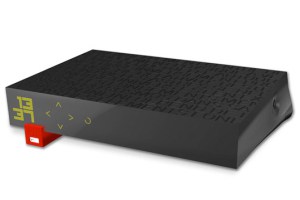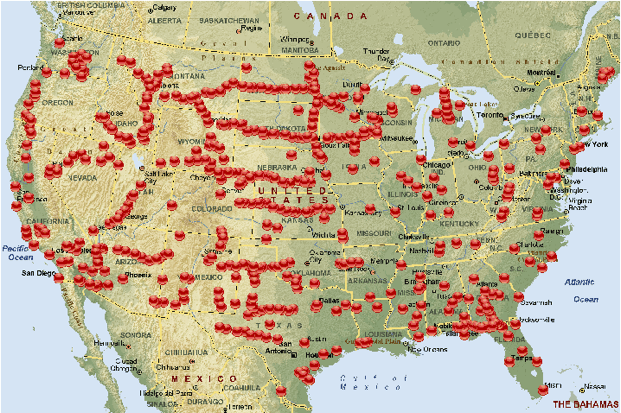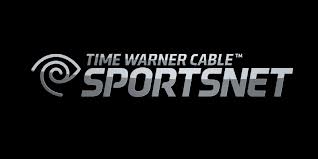 An upstart telecom company has thrown the French mobile market into competitive chaos offering customers unlimited voice, messaging, and certain data services for around $26 a month. Now the company is expanding its footprint by offering free femtocells to customers that can be shared by other customers, according to a report by GigaOm‘s Kevin Fitchard.
An upstart telecom company has thrown the French mobile market into competitive chaos offering customers unlimited voice, messaging, and certain data services for around $26 a month. Now the company is expanding its footprint by offering free femtocells to customers that can be shared by other customers, according to a report by GigaOm‘s Kevin Fitchard.
France’s Free Mobile is everything North American cell phone providers are not. The company offers dirt cheap, often unlimited service (their backup HSPA+ roaming data network has a 3GB limit), crowdsourced public Wi-Fi networks run by its customers, and soon an even more robust network made possible by handing out network extender devices at no charge, improving indoor reception and data speeds.
Free offers more than just mobile services. Its home broadband service offers 40-100Mbps Internet service, offering plenty of bandwidth to accommodate shared connections.

| Features | Mobile-Only Subscribers | Freebox Home Internet + Mobile Subscribers |
|---|---|---|
| Unlimited SMS and MMS messages 3G+ DATA (HSPA+: 3GB cap) Free 3G+ connection sharing (tethering) Unlimited seamless use of the Free Wi-Fi hotspots via EAP-SIM protocol Unlimited calls to mobile lines and landlines in France, Alaska, Canada, United States, Hawaii Unlimited calls to landlines in 40 countries No contract; no commitment period |
€19.99/month ($26) | €15.99/month ($21) |
| 120 minutes voice calling SMS unlimited Unlimited seamless use of the Free Wi-Fi hotspots via EAP-SIM protocol Unlimited calls to mobile lines and landlines in France, Alaska, Canada, United States, Hawaii Unlimited calls to landlines in 40 countries No contract; no commitment period |
€2.00/month ($2.64) | Free |

Freebox home Internet gateway, now including a free femtocell.
Back home in the United States and Canada, cell phone companies ask customers to pay up to $300 for network extender devices to manage reception your provider was supposed to deliver in return for paying them nearly $100 a month. The femtocells connect to a customer’s home broadband connection to make and receive calls. Despite the fact customers are using their own broadband service to power the device, cell phone companies still deduct minutes, texts, and data from monthly usage allowances just as if one was using a nearby cell tower.
Free Mobile customers don’t have to deal with any of that. In return for helping improve the company’s cellular network, customers will get the network extender devices, known as femtocells, free after a nominal shipping charge. New customers will have the femtocell technology built right into Free Mobile’s Freebox Revolution gateway.
Parent company Iliad is depending on its generous customers to help extend the network while keeping prices low for everyone. Considering the costs, few object to sharing a negligible part of their broadband connection with other customers, especially with millions of potential connection points sharing the load.
French cell phone users have a lot to thank Iliad for, even if they are not Free Mobile customers. The appearance of Free Mobile on the scene sparked a massive price war that is delivering savings to every French mobile user.
[flv width=”640″ height=”380″]http://www.phillipdampier.com/video/Free Freebox Server 6-13.mp4[/flv]
Introducing the Freebox Server, a home gateway cool enough to put on your desktop. (1 minute)
[flv width=”640″ height=”380″]http://www.phillipdampier.com/video/Free Designer Starck talks about the Freebox 6-13.mp4[/flv]
Only in France will you find providers spending as much time and attention on the stylish details of a set-top box as they do fretting about its cost. To underline the point, designer Philippe Starck turned up on Free’s website to talk about his design philosophy for the gateway device. (3 minutes, French)


 Subscribe
Subscribe Time Warner Cable is extending an online promotion to Extreme (30/5Mbps) customers to upgrade to Ultimate (50/5Mbps) service for an extra $10 a month above your current pricing.
Time Warner Cable is extending an online promotion to Extreme (30/5Mbps) customers to upgrade to Ultimate (50/5Mbps) service for an extra $10 a month above your current pricing.

 William J. Morand, communications director for Charter’s Northeast Region, admitted Morin previously worked for M. Kable, a Charter contractor, and that there was no legitimate way the former contractor could have obtained current customer information.
William J. Morand, communications director for Charter’s Northeast Region, admitted Morin previously worked for M. Kable, a Charter contractor, and that there was no legitimate way the former contractor could have obtained current customer information. Would you be surprised to learn a company with just a basic, outdated website replete with spelling and grammar errors holds at least 760 television station construction permits and licenses and just wrote a check for $46.5 million to buy 52 more stations from nine different owners, with plans to shut every last one of them down in the future?
Would you be surprised to learn a company with just a basic, outdated website replete with spelling and grammar errors holds at least 760 television station construction permits and licenses and just wrote a check for $46.5 million to buy 52 more stations from nine different owners, with plans to shut every last one of them down in the future? CTB Spectrum Services
CTB Spectrum Services

 Time Warner Cable’s decision to spend $11 billion to broadcast Los Angeles Lakers and Dodgers games at an estimated cost of $50-60 a year per subscriber is the subject of a
Time Warner Cable’s decision to spend $11 billion to broadcast Los Angeles Lakers and Dodgers games at an estimated cost of $50-60 a year per subscriber is the subject of a 